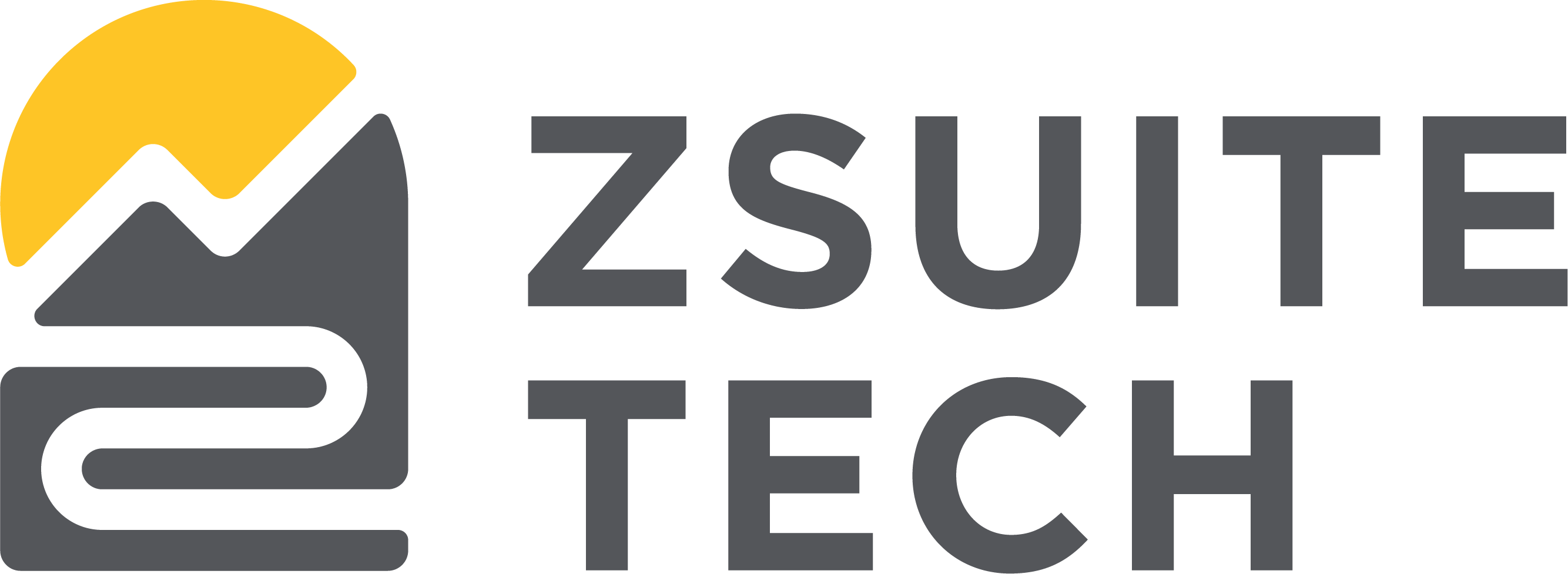5 types of specialty deposits that will boost your portfolio
by Zac Garver on Feb 7, 2023 5:45:00 AM
The market for deposits is growing more competitive every quarter. The Fed continues to raise rates, even if the pace has slowed. That means that depositors are searching for the best return on their dollars. In response, financial institutions are repricing and looking at ways to attract new depositors and retain existing ones. The situation is already causing a flurry of movement. CFOs are looking for ways to diversify and optimize their deposit portfolios. The post-pandemic deposit glut has turned into a scarcity.
Even if you’ve heard the term “specialty deposits”, you may not know everything that falls under that umbrella. Specialty deposit sources include some common types, such as escrow, 1031 Exchanges, and security deposits. Specialty deposits also include some less familiar sources, such as trusts, FBO accounts, public funds, HOAs, nursing homes, mortuary care, health care, and corporate subaccounts. All of these can play an important role in your deposit strategy. Your institution still has to decide which deposit types will keep your cost of funds manageable and keep your loan-to-deposit ratio headed in the right direction. Fortunately, many types of specialty deposits are considered “core” deposits and carry far less risk than wholesale deposits.
Five specialty deposit categories that every bank should consider.
- Escrow
Although more of an umbrella category spanning a wide variety of use cases, escrow is also a framework for certain types of accounts where more than one party has a stake in the funds and ownership is contingent upon certain conditions. Real estate transactions are probably the most familiar example where escrow is used. Single and even dual-ownership deposit accounts are common enough in retail and commercial banking. An escrow account usually comprises three parties: the holder of the funds, the beneficiary of the funds, and the bank. In practice, escrow accounts may have multiple beneficiaries and be subject to strict compliance rules that aren’t supported by your core banking software. If your institution has the capability and the willingness to support escrow transactions, you can attract deposit-heavy clients that many other banks turn away. - Law firms
Aside from their reputation as high net-worth organizations, attorneys support a variety of significant deposit transactions, including case settlements, real estate closings, IOLTAs, 1031 exchanges, and more. These transactions frequently involve multi-party ownership and may span long periods of time. In some cases, your institution may be legally prevented from re-investing certain funds, but the presence of those funds will still diversify your deposit portfolio in a stable way. - Property management
Another example of a high net-worth commercial banking client is property management companies. They have extremely sticky deposits held as security deposits and their businesses create stable recurring revenue streams. The mid-to-large property management companies can represent millions in monthly revenue and that much again in security deposits. All-in-all, property managers have complex banking needs and will be loyal if you can help solve their deposit holding and money movement needs. - 1031 Exchanges
There are a number of businesses that facilitate 1031 Exchange, including attorneys, banks, and real estate agents, all under the label of “qualified intermediary” or QI. Federal regulations stipulate who is permitted to serve as a QI. Most states also have concurrent regulations based on their income tax code. As a deposit source, 1031 Exchanges can represent as little as a few hundred thousand for a single dwelling or hundreds of millions for large corporate transactions. Even if your bank isn’t prepared to serve as a QI, you can establish relationships with QI firms and benefit from the core deposits and fees associated with 1031 Exchanges. - Municipalities
With yearly operating budgets in the millions of dollars, municipalities bring lots of compliance-heavy deposit needs. They need to manage surety bonds, utility deposits, developer transactions, government housing, bond proceeds, cemetery plots, and trustee funds. That could be a turn-off if your team isn’t prepared with the right tools and processes. Fortunately, municipalities regularly post request-for-proposals (RFP) to ensure their banking partner is competitive with the market. You can mine those RFPs for a better understanding of what the municipality is looking for and how you can position your institution as a desirable partner.
Don’t let manual processes hold you back from specialty deposits.
Most institutions know how to execute an escrow transaction or service the deposit needs for the industry niches mentioned above, but few core processors enable such transactions and products by default. That leaves many teams working on a “master” spreadsheet and manually generating statements. However, there are tools that you can use to augment your core processor and create huge efficiency gains for your commercial banking team. Once you have that capability in-house, you can confidently expand your business development efforts to dozens of specialty deposit niches.
- Press (53)
- Commercial banking (16)
- Deposits (14)
- Partnerships (12)
- 1031 Exchanges (9)
- ZEscrow (9)
- Bank tech (8)
- Specialty Deposits (8)
- ZValues (6)
- Property Management (5)
- VAM (4)
- Law Firms (3)
- Liquidity Management (3)
- Municipalities (3)
- Working smart (3)
- Podcast (2)
- Webinar (2)
- Builder, Banker, Hacker, Chief (1)
- FDIC Insurance (1)
- February 2026 (1)
- December 2025 (1)
- November 2025 (1)
- September 2025 (1)
- August 2025 (4)
- July 2025 (1)
- June 2025 (2)
- May 2025 (1)
- March 2025 (1)
- February 2025 (1)
- January 2025 (1)
- December 2024 (1)
- November 2024 (1)
- October 2024 (3)
- September 2024 (2)
- August 2024 (3)
- July 2024 (2)
- June 2024 (3)
- May 2024 (6)
- April 2024 (2)
- March 2024 (5)
- February 2024 (1)
- January 2024 (2)
- December 2023 (1)
- November 2023 (3)
- October 2023 (1)
- September 2023 (1)
- August 2023 (3)
- June 2023 (3)
- May 2023 (1)
- March 2023 (6)
- February 2023 (4)
- January 2023 (4)
- December 2022 (2)
- November 2022 (6)
- October 2022 (1)
- September 2022 (1)
- August 2022 (3)
- June 2022 (1)
- May 2022 (1)
- April 2022 (5)
- March 2022 (3)
- December 2021 (2)
- September 2021 (3)
- July 2021 (2)
- June 2021 (1)
- May 2021 (1)
- April 2021 (4)
- March 2021 (3)
- February 2021 (4)
- January 2021 (2)


